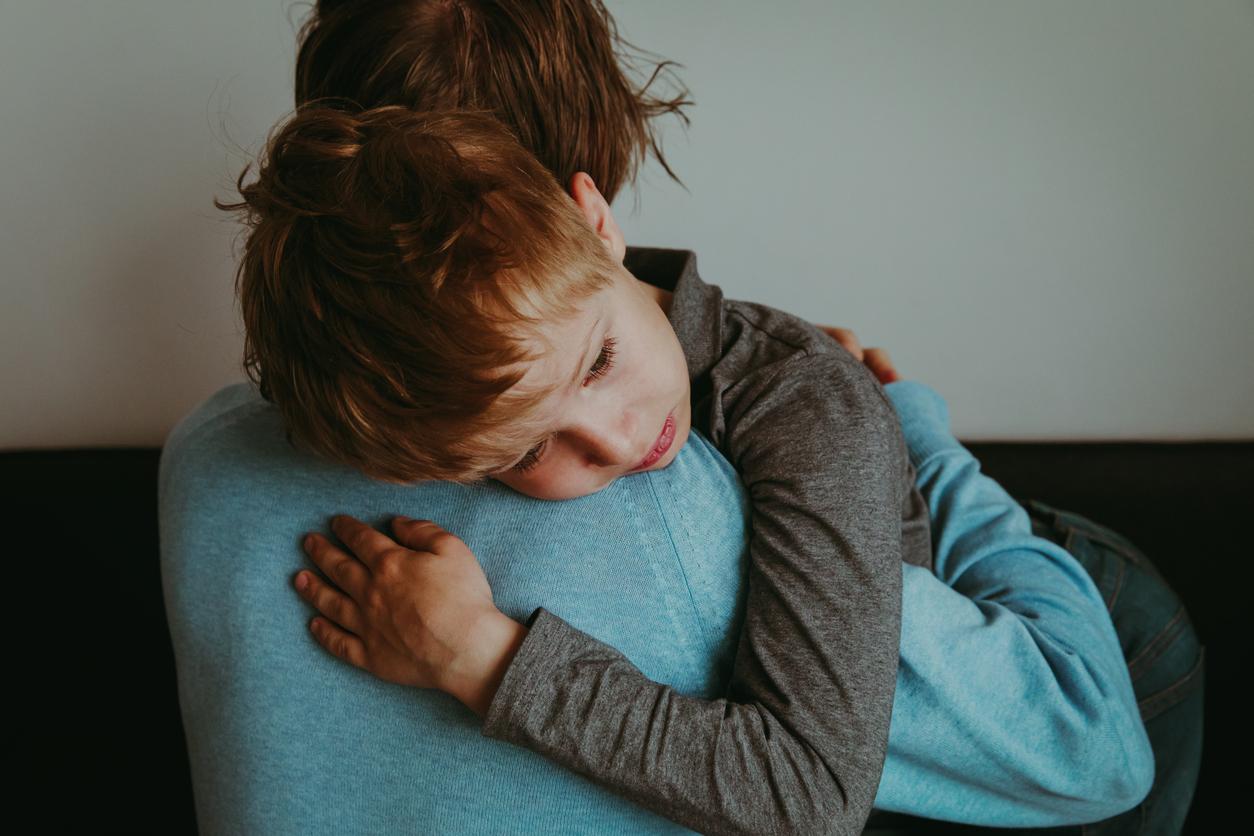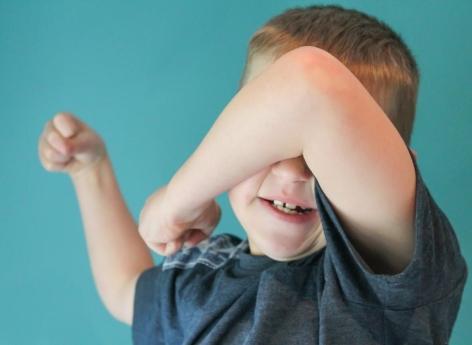Children can also have heart problems: an American doctor has listed the 5 signs that should lead to consulting a pediatric cardiologist.

- Recognizing the signs that your child may need to see a cardiologist is crucial to their health.
- A cardiologist lists 5 indicators that should prompt you to make an appointment, including family history, chest pain or shortness of breath.
- These include irregular heartbeat, chest pain or discomfort, or fainting with exertion.
Around 1 in 100 children are born with a heart defect. These congenital pathologies are the most common forms of heart disease most common in children. However, some young people can also develop heart problems as they grow up.
Dr Annette Ansong, deputy head of the outpatient cardiology department at Children’s National Hospital (USA), detailed on the website of the Northern Virginia Magazine5 signs that could suggest cardiovascular problems in children and should lead to consulting a doctor.
Child: 5 signs that may indicate a heart in trouble
To grow well, it is essential that the child has a healthy heart… or that he or she benefits from rapid and appropriate care if the organ is failing. For the American doctor, there are 5 key indicators that may suggest that a meeting with a pediatric cardiologist is recommended:
- Family history: if certain family members have heart problems, it is advisable to discuss it with a doctor. Indeed, depending on the pathologies, children’s risks of having heart problems may also be higher. The healthcare professional will then carry out in-depth examinations if necessary.
- Chest pain or discomfort: “If your child is experiencing persistent, unexplained chest pain or discomfort, this may be cause for concern. However, many other less serious conditions can also cause chest pain, so it is essential to see your child’s doctor first. your child for an appropriate assessment”explains the expert.
- Shortness of breath: as in adults, persistent or unexplained breathing difficulties are likely to be a sign of a cardiovascular problem.
- Dizziness or fainting with exertion: if your child feels dizzy, faints or has chest pain during or after running, playing or exercising, it is essential to consult.
- Irregular heartbeat: “If your child has an irregular heartbeat, palpitations or fainting episodes, this may warrant further investigation to determine the cause”adds the cardiologist.

Heart: physical capacities in worrying decline
For several years, health professionals have observed a worrying decline in the cardiovascular capacity of children. In February 2023, a study financed by the Ministry of Sports and Matmut on the increase in sedentary lifestyle among adolescents highlighted a significant decline in physical abilities. Researchers who tested 9,000 middle school students aged 10 to 12 calculated that their average maximum running speed was 10.2 km/h. Thus, boys have lost 1 km/h since 1987 and girls 0.6 km/h.
“The figures are very bad, because at a minimum, physical capacity should remain stable. Today, a 65-year-old subject who is active, without being sporty, would do better than young people”, commented Professor François Carré when the research was released. He added: “Three out of five children entering 6th grade do not know how to do four hopping jumps. A study shows that overweight children, between 4 and 12 years old, will all have a cardiovascular accident before the age of 40. Our middle school students are diabetic, they have higher blood pressure and cholesterol levels than in 1987. They are preparing for their heart attack, it’s a real time bomb!”














